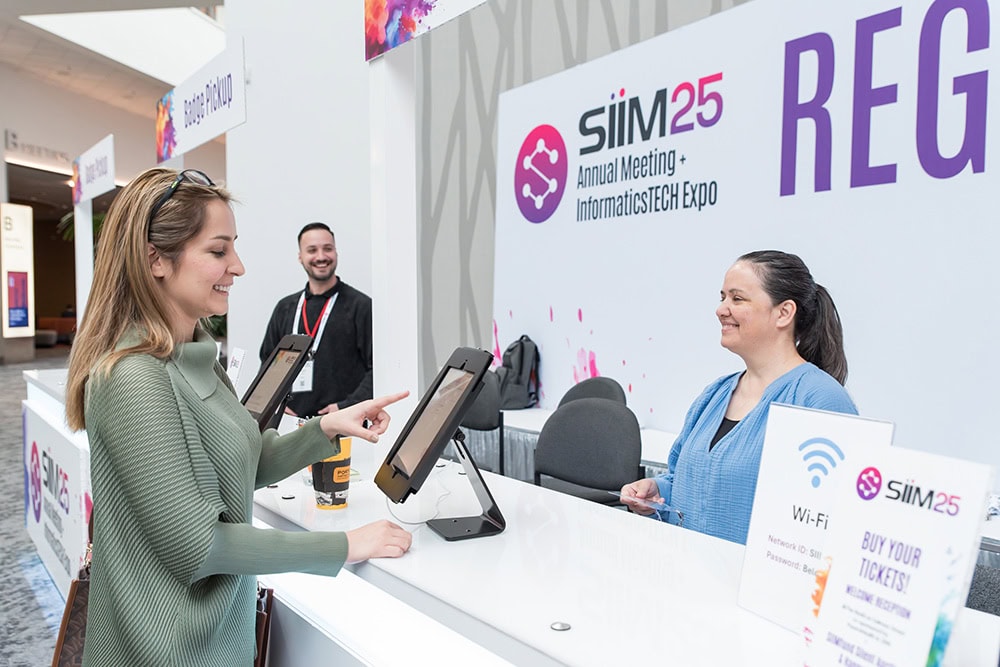About the Session
This session examines the integration of continuous learning AI systems into healthcare, emphasizing their ability to evolve and harmonize in clinical settings. With AI adoption nearing a critical juncture, understanding how these systems adapt and collaborate is essential for shaping the future of medical practice while ensuring patient safety and clinician trust. Attendees will gain actionable insights into enabling AI models to improve through real-world clinical data, balancing system stability with continuous updates, and addressing regulatory considerations for adaptive AI systems.
The session also focuses on strategies for harmonizing multiple AI agents within clinical workflows, addressing challenges such as resolving conflicts between AI outputs, integrating diagnostic and treatment planning tools, and establishing interoperability standards. Additionally, it explores frameworks for effective human-AI collaboration, including the design of intuitive interfaces, ethical decision-making, and maintaining oversight in increasingly automated environments.
Expert panelists—comprising a physician specializing in AI evaluation, a computer scientist researching continuous learning algorithms, and a medical physicist integrating AI into clinical practice—will offer diverse perspectives. Through case studies and real-world examples, participants will gain practical knowledge on creating an adaptive AI ecosystem that enhances decision-making, improves productivity, and ensures ethical integrity.
Objectives
- Describe key principles of continuous learning AI systems in clinical healthcare environments.
- Identify strategies for harmonizing multiple AI agents within existing clinical workflows.
- Evaluate ethical considerations associated with autonomous AI systems in healthcare decision-making.
- Explain the concept of an adaptive AI ecosystem in healthcare and its potential impact.
- Discuss frameworks for effective human-AI collaboration in evolving healthcare environments.
Presented By



